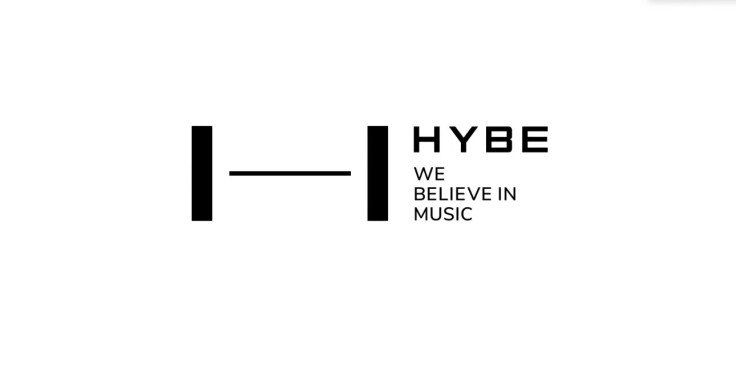Environment Suffering From K-Pop As Plastic Use Up 14 Times; Hybe Used 894.6 Tons In 2022

KEY POINTS
- The Ministry of Environment reported about plastic use in album production
- The use of plastic has increased to 801.5 tons, based on data
- Hybe is one of the biggest plastic consumers, nearly reaching 900 tons
South Korea's Ministry of Environment revealed that the amount of plastic used in the production of K-Pop albums soared about 14 times in the past six years, causing concern over the health of the environment.
Representative Woo Won-shik recently spoke with Korea's Yonhap News to report on the increase in plastic use in the production of albums, including CDS, canvas, vinyl packaging and photo cards. It was revealed that about 801.5 tons had been used in 2022 — a significant increase from 2021, which only used 479 tons. But considering the number of album sales — reaching about 74.19 million — the number could be more than what was estimated.
Hybe, one of the big four entertainment industries in South Korea, was among those who used the most plastic last year, per a sustainability report from the company. Consumption reached to about 894.6 tons. The waste and recycling fees charged to the agency also saw a massive increase. From KRW 100.81 million ($75,094) in 2021, the waste fee stood at KRW 191.41 ($142,583) in 2022. The recycling fee reached about KRW 41.418 million ($30,846) in 2021.
The waste charges are the cost forced on companies who manufacture or import products that are difficult to recycle. Meanwhile, the recycling fee is charged when the company fails to meet the producer responsibility recycling (EPR) obligations implemented in South Korea.
As of late, the Ministry of Environment has yet to release separate regulations on the excessive use of plastic in the packaging of albums. "We only comprehensively regulate plastic products and product groups that are difficult to recycle, and we have not discussed any separate improvements," it said in a statement to Yonhap.
Music industry insiders have also spoken about the flaws of using such a marketing strategy, such as overproducing albums and holding fan-signing events to urge more fans to purchase such. Koreas Creative Content Agency's "2022 Music Industry White Paper" noted that only about 11.7% of consumers actually enjoyed or listened to the music from the purchased physical albums.
Following such a report, Won-shik said the Ministry of Environment should take action regarding the regulations of plastic, especially now that K-Pop is globally recognized and loved.
"As K-pop is loved globally, awareness of ESG (environmental, social, and governance) management must be raised. The Ministry of Environment should also indicate separate disposal [of] album packaging and clearly establish standards for levying (charges). We need to come up with measures," he said.
The news has also circulated on social media and online forum sites. Several K-Pop community members started sharing their insights on the matter, including suggestions on how to address the issue.
"But seriously, this is indeed an issue... Across the entire idol industry... Fan signs, undisclosed photocards, etc. they're doing the most to squeeze out fans' wallets just to [raise] the number of album sales. But what are they even doing with all the trash these albums are creating," one user wrote on an online forum site.
Another commented, "This isn't only a Hybe issue, there are way too many [album] versions, and this is indeed severe. Why would you need 10-20 versions of one album."
"They need to reduce the number of versions and also reduce the number of photo cards, this will lead to a huge improvement already," a third user suggested.
"No, it's really urgent to introduce digital albums," a fourth user suggested on X, formerly Twitter.
Another wrote, "I think the country should limit the purchase quantity for fan sign applications."

© Copyright IBTimes 2024. All rights reserved.






















